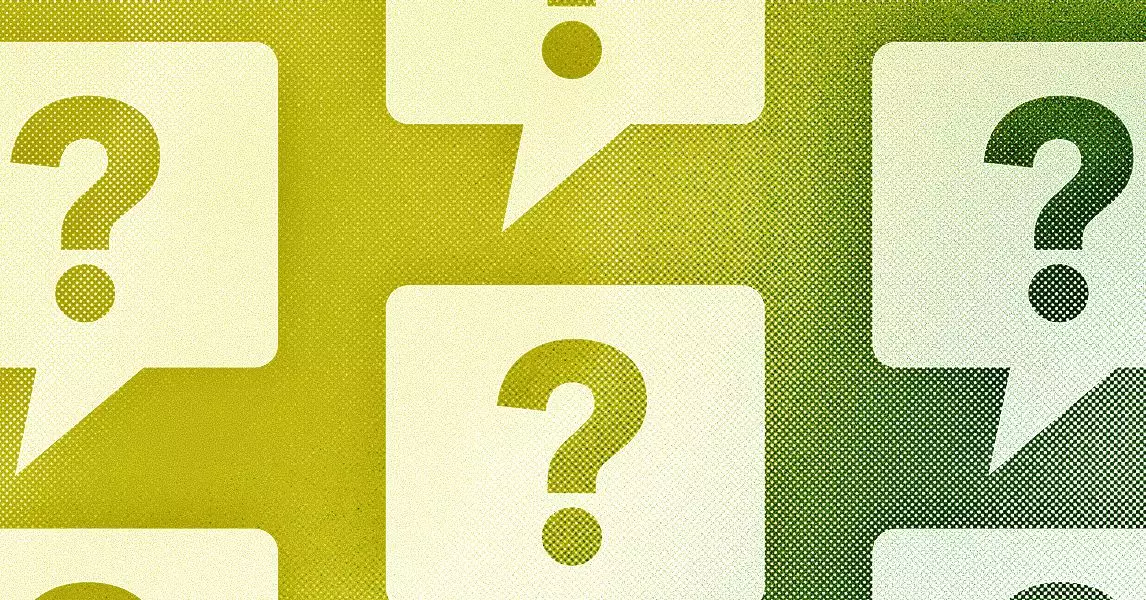Artificial Intelligence has emerged as a formidable force, fundamentally reshaping the traditional landscape of Hollywood. Once considered a tool for minor enhancements, AI now poses a genuine threat to core creative processes, especially those rooted in visual storytelling. The art of storyboarding, a pivotal stage in film and television production, exemplifies this shift. Historically, talented visual artists meticulously crafted storyboards to visualize scenes, set the tone, and guide filming decisions. However, today, AI-driven image generators are rapidly rendering these skilled artists obsolete. This technological leap challenges the very essence of craftsmanship in visual storytelling. Big-budget action movies, often lauded for their intricate sequences and visual grandeur, are not exempt from this trend. Instead of relying solely on human creativity, studios are increasingly turning to AI to generate quick, cost-effective, and seemingly professional storyboards. Such developments threaten the livelihood of seasoned artists and threaten to commodify visual conceptualization into a mass-produced service, potentially sacrificing nuance and artistic integrity.
Economic Implications and Industry Resistance
The adoption of AI in Hollywood isn’t just a matter of technological curiosity—it fuels intense debates about employment, economic fairness, and artistic authenticity. During recent industry strikes, AI emerged as a thorny issue, symbolizing corporate greed at the expense of creative workers. Many crew members, actors, and support staff perceive AI as a double-edged sword: an instrument that can boost efficiency but ultimately erodes middle-class jobs. The fact that AI has become a hot-button topic underscores a collective anxiety that studios prioritize their profits over human talent. It’s clear that, under current trajectories, studios stand to benefit financially — leveraging AI for cheap labor and faster production cycles — while the workers face displacement or diminished roles. This creates an imbalance: technological progress is favored by management, but it leaves many seasoned professionals feeling insecure and undervalued.
Opportunities Amidst Challenges: A Glimmer of Innovation
Not all voices in Hollywood are wary of AI; some industry insiders see potential for positive transformation. A surprising number of filmmakers, producers, and directors are embracing AI as a means to augment artistic workflows rather than replace human creativity. Notably, figures like Darren Aronofsky have pioneered ventures that harness AI’s capabilities for innovative storytelling. Aronofsky’s partnership with Google’s DeepMind exemplifies this mindset—pioneering projects aim to explore new narrative forms and efficiencies. From a certain viewpoint, AI could democratize creative tools, enabling independent filmmakers and smaller studios to produce high-quality content without extensive budgets. This raises an important question: Are we at the dawn of a new era where AI acts as an empowering assistant rather than a destructive force? The answer depends heavily on how the technology is implemented and who controls it. While the potential for misuse and job loss remains real, the embrace by some visionary creators signals that AI’s influence could ultimately catalyze new genres, techniques, and opportunities within entertainment.
What the Future Holds for Hollywood’s Creative Ecosystem
The reception of AI in Hollywood is as complex as it is contentious. The industry’s rapid adoption and experimentation with Generative AI tools suggest an ongoing tug-of-war between economic interests and cultural values. For many long-standing professionals—actors, writers, and visual artists—the developing landscape feels threatening. Yet, at the same time, the landscape is rife with the potential to fundamentally redefine the boundaries of creative expression. The ongoing debate centers on ethical and practical questions: How much creative input should AI possess? Will human intuition and emotional depth be sacrificed at the altar of efficiency? How will the industry ensure that AI complements rather than erodes genuine artistry? These questions remain unresolved, but one thing is evident: AI is no longer peripheral; it is now central to Hollywood’s evolution. Whether this evolution leads to a more inclusive, innovative industry or a dystopian devaluation of human talent will depend on deliberate choices made by industry leaders, creators, and policymakers moving forward.

